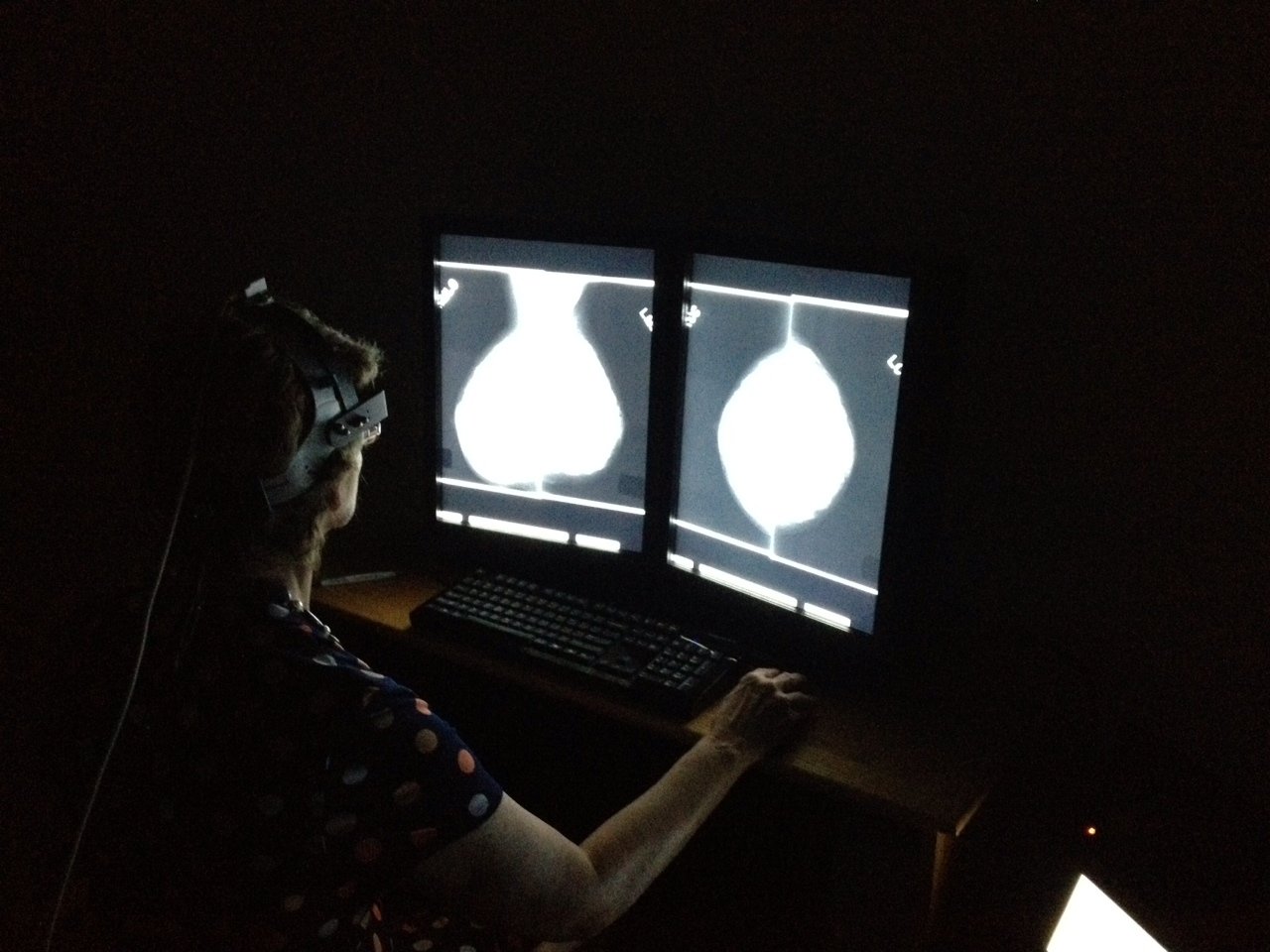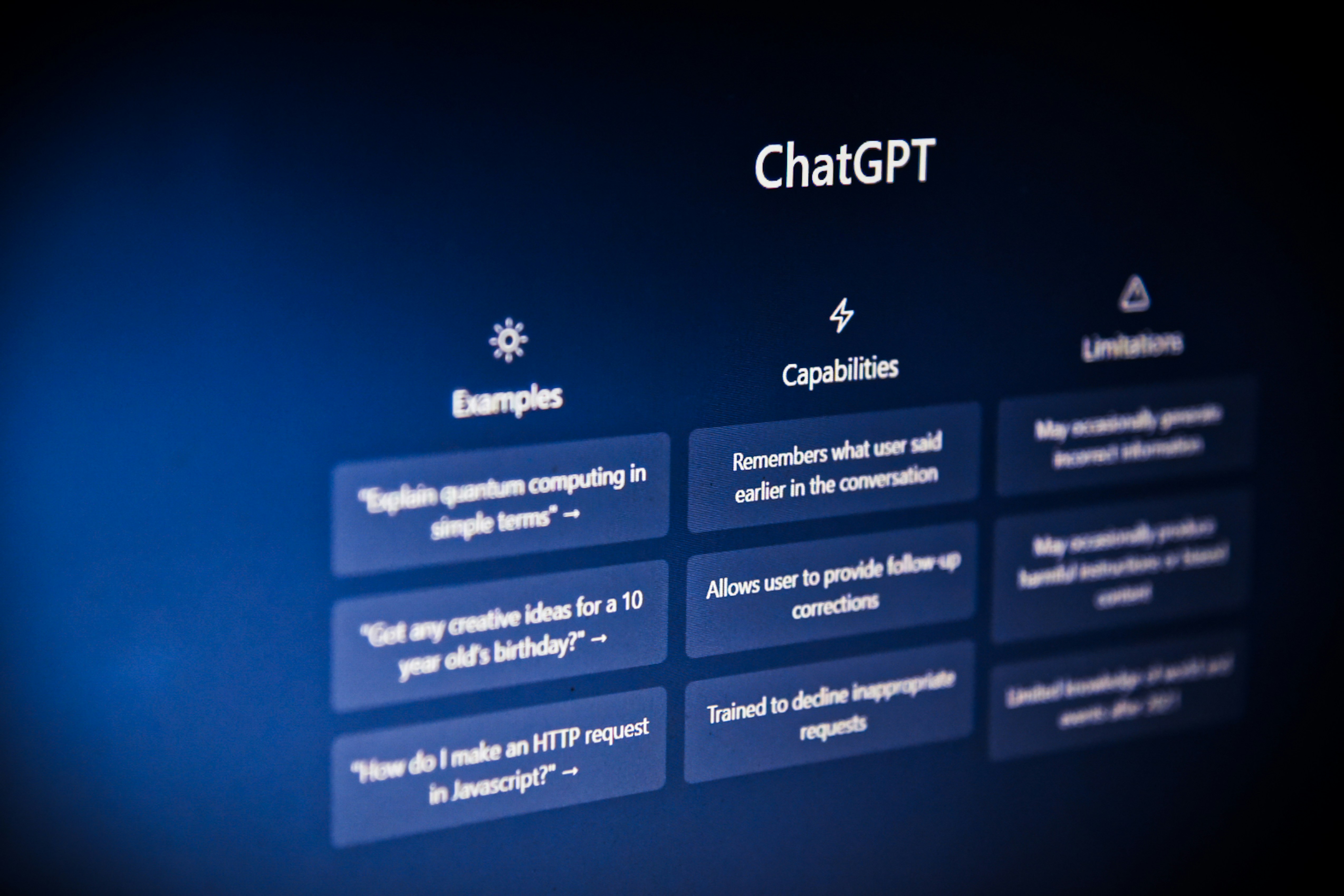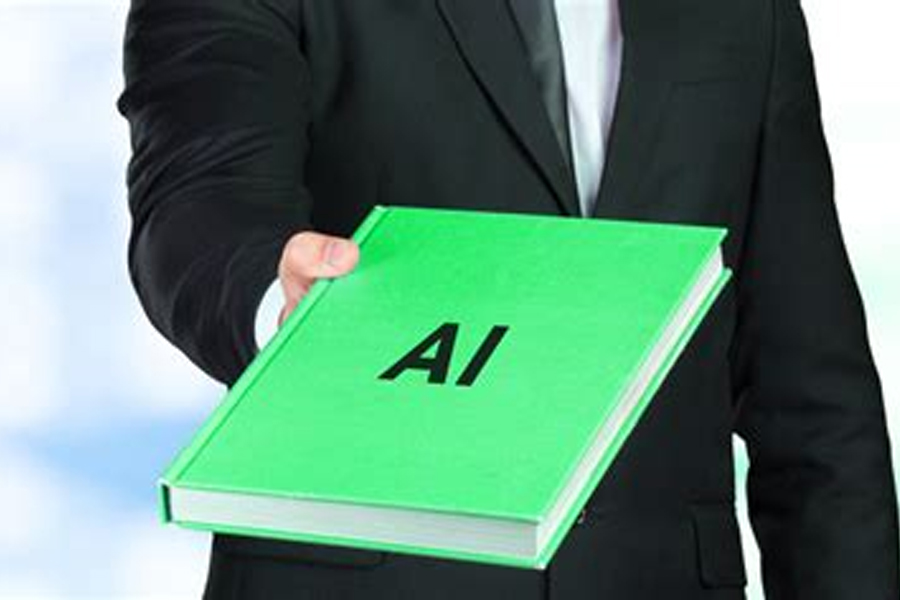The healthcare industry is on the cusp of a transformative era, fueled by the immense power of artificial intelligence (AI). No longer a futuristic fantasy, AI is rapidly becoming an integrated force in modern medicine, revolutionizing everything from disease diagnosis to surgical procedures. This blog post will delve into the exciting applications of AI in healthcare, exploring real-life examples of how this technology is reshaping patient care, improving outcomes, and ushering in a new age of personalized medicine.
AI-powered Diagnostics: Unveiling Hidden Patterns for Earlier Detection
One of the most promising applications of AI in healthcare lies in its ability to enhance diagnostic accuracy and efficiency. Traditionally, diagnosing diseases relies on a combination of patient history, physical examinations, and laboratory tests. While these methods are crucial, they can be subjective and prone to human error. AI is changing this paradigm by introducing a new level of precision and objectivity to the diagnostic process.
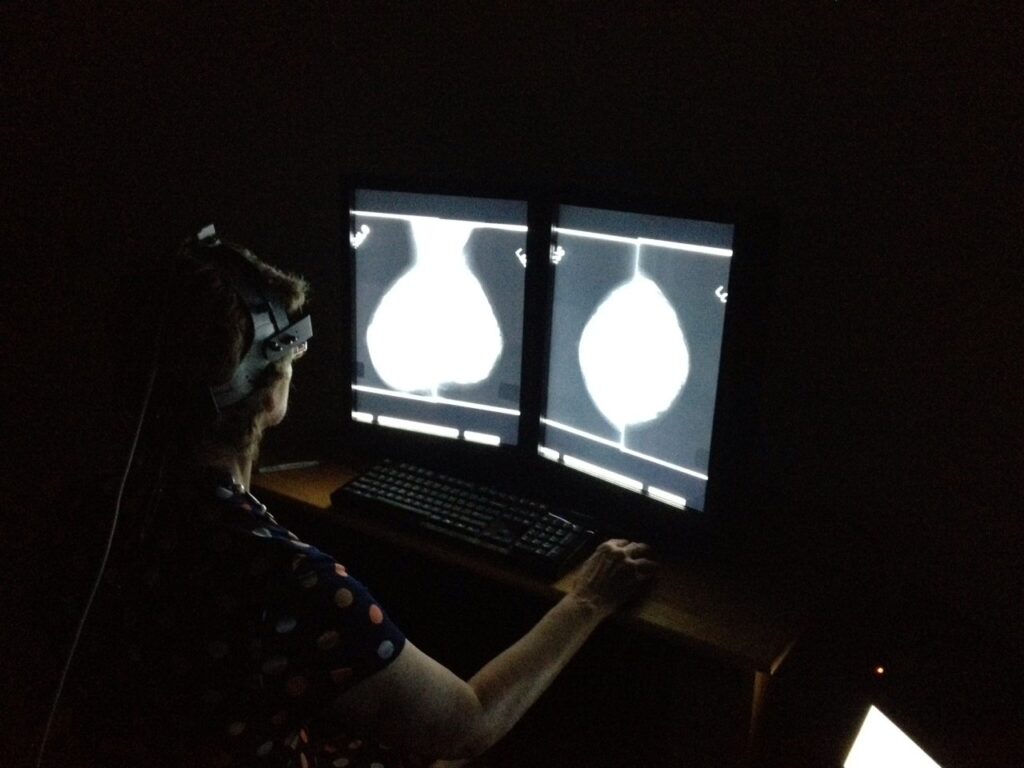
AI algorithms are trained on massive datasets of medical images, patient records, and clinical data. This allows them to identify subtle patterns and correlations that might escape the human eye. For instance, AI-powered analysis of mammograms can detect early signs of breast cancer with a higher degree of accuracy than traditional methods. Similarly, AI algorithms can analyze chest X-rays to identify pneumonia or lung nodules with impressive precision. IBM Watson Health is a prime example, offering a suite of AI-powered tools for analyzing medical images and assisting doctors in making diagnoses. This not only leads to earlier detection of diseases but also empowers physicians to make more informed treatment decisions.
Beyond the Image: AI Analyzing Complex Medical Data
The power of AI in diagnostics extends beyond medical imaging. AI algorithms can analyze vast amounts of complex medical data, including electronic health records (EHRs), lab results, and genetic information. By sifting through this data, AI can identify hidden patterns and risk factors associated with various diseases. For example, AI can analyze a patient’s medical history and genetic makeup to predict their risk of developing certain conditions like heart disease or diabetes. This allows for preventive interventions to be implemented early on, potentially improving long-term health outcomes. Google DeepMind‘s AlphaFold is a groundbreaking example, using AI to predict protein structures which could lead to faster drug discovery and development.
Chatbots on Call: 24/7 Support and Personalized Health Information
The realm of patient care is also being transformed by AI with the rise of chatbots. These virtual assistants can provide 24/7 support and answer basic medical questions. Patients can interact with chatbots through messaging apps or hospital websites to receive personalized health information on a variety of topics. Chatbots can also help with tasks like scheduling appointments, refilling prescriptions, or providing medication reminders. Northwell Health is a leader in this space, offering a chatbot-powered platform that allows patients to access healthcare services virtually, anytime, anywhere. This not only improves patient convenience but also frees up valuable time for doctors to focus on complex cases.
The Rise of Personalized Medicine: Tailoring Treatments to the Individual
One of the most exciting advancements in AI-powered healthcare is the rise of personalized medicine. By analyzing a patient’s unique genetic makeup, medical history, and lifestyle factors, AI can help develop personalized treatment plans that are tailored to their specific needs. This approach holds immense promise for improving treatment efficacy and reducing side effects. For instance, AI can analyze a cancer patient’s genetic mutations to identify the most effective course of chemotherapy or targeted therapy. Tempus is a company at the forefront of this field, utilizing AI to analyze genetic data and match cancer patients with the most appropriate clinical trials. Personalized medicine, powered by AI, represents a significant shift from a one-size-fits-all approach to healthcare towards a more individual and effective treatment strategy.
Robotic Surgery: Precision and Minimally Invasive Procedures
The world of surgery is also witnessing a revolution fueled by AI. Robotic surgery systems are increasingly being used in operating rooms, offering surgeons enhanced precision and control. These robots, guided by AI algorithms, can perform minimally invasive procedures with greater accuracy and dexterity than traditional methods. This translates into faster recovery times, reduced pain for patients, and improved surgical outcomes. Intuitive Surgical’s da Vinci Surgical System is a widely used example, allowing surgeons to perform complex procedures like laparoscopic surgeries through small incisions. While these robotic systems are still under development, they represent a significant advancement in surgical technology, promising a future of minimally invasive and highly precise surgical procedures.
Brain-Computer Interfaces: A Glimpse into the Future
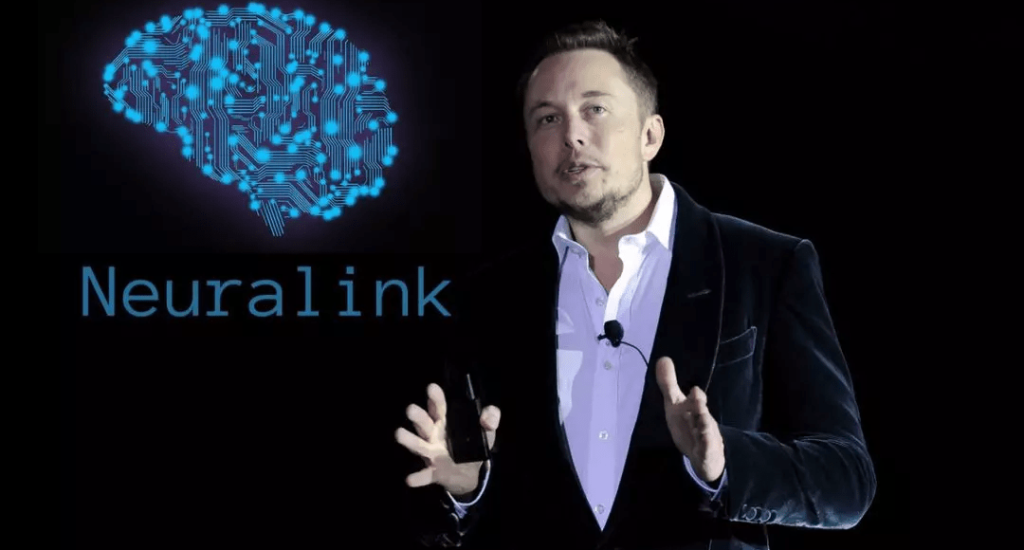
One particularly intriguing area of exploration within AI and healthcare is the development of brain-computer interfaces (BCIs). Companies like Neuralink are pioneering technology that would allow for a direct interface between the human brain and computers. While still in the early stages of development, potential applications of BCIs in healthcare are vast. Imagine a future where BCIs can be used to treat neurological disorders, restore lost motor functions, or even directly monitor brain activity for early detection of diseases. While the ethical and safety considerations surrounding BCIs are significant, the potential for this technology to revolutionize neurological care is undeniable.
The Human-AI Partnership: Collaboration for Optimal Patient Care
It’s important to emphasize that AI is not intended to replace doctors. Instead, AI serves as a powerful tool to augment human capabilities and enhance decision-making in the healthcare field. The ideal scenario involves a collaborative partnership between human expertise and AI’s analytical power. Doctors can leverage AI for tasks like analyzing complex data sets, identifying potential diagnoses, and even suggesting treatment options. However, the final decisions regarding patient care will always lie with the human physician’s judgment, experience, and compassion.
Ethical Considerations and the Road Ahead
While the potential of AI in healthcare is undeniable, there are also ethical considerations that need to be addressed. Issues around data privacy, security, and potential bias in AI algorithms need to be carefully evaluated and mitigated. Additionally, ensuring fair and equitable access to AI-powered healthcare services is crucial to avoid widening existing health disparities.
Despite these challenges, the future of AI in healthcare is bright. As AI technology continues to evolve and become more sophisticated, we can expect even more groundbreaking applications to emerge. From drug discovery and development to mental health support and chronic disease management, AI has the potential to revolutionize every aspect of healthcare.
